

If you are a self-employed professional, an entrepreneur or a business owner looking to make better business decisions, you’ve come to the right place.

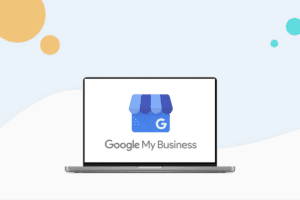

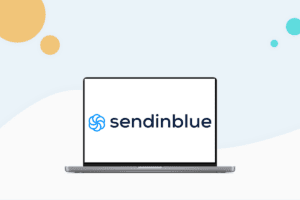


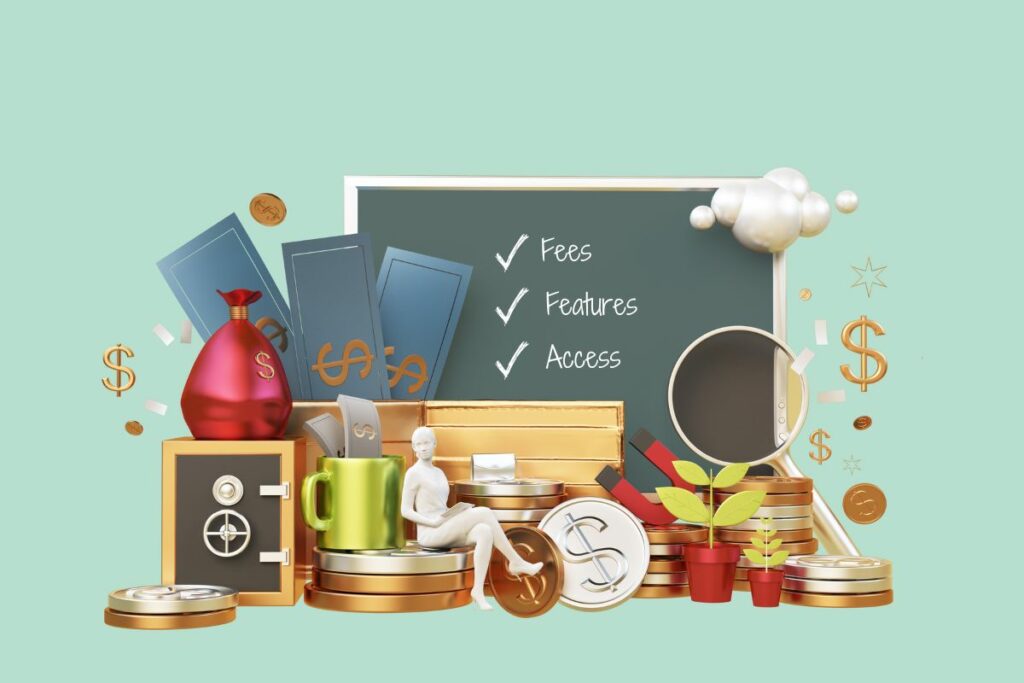
A Tangerine business chequing account would be a game-changer… if it existed. Profitability is the goal of your business, so it’s essential

A Chartered Accountant (CA) is an essential member of your business team. They do the following: Keep accurate financial statements Calculate and
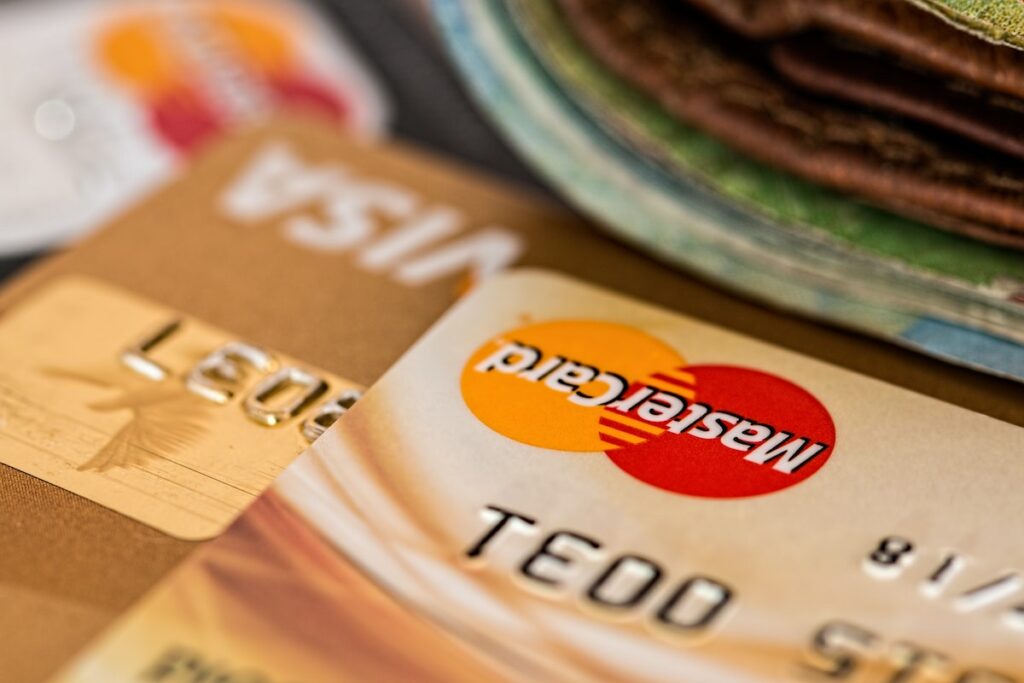
A large number of companies offer prepaid business credit cards in Canada. The companies designed these cards for startups, big and small

So many questions live rent-free in our head while picking a PDF-signing application for our business and individual needs. The most common
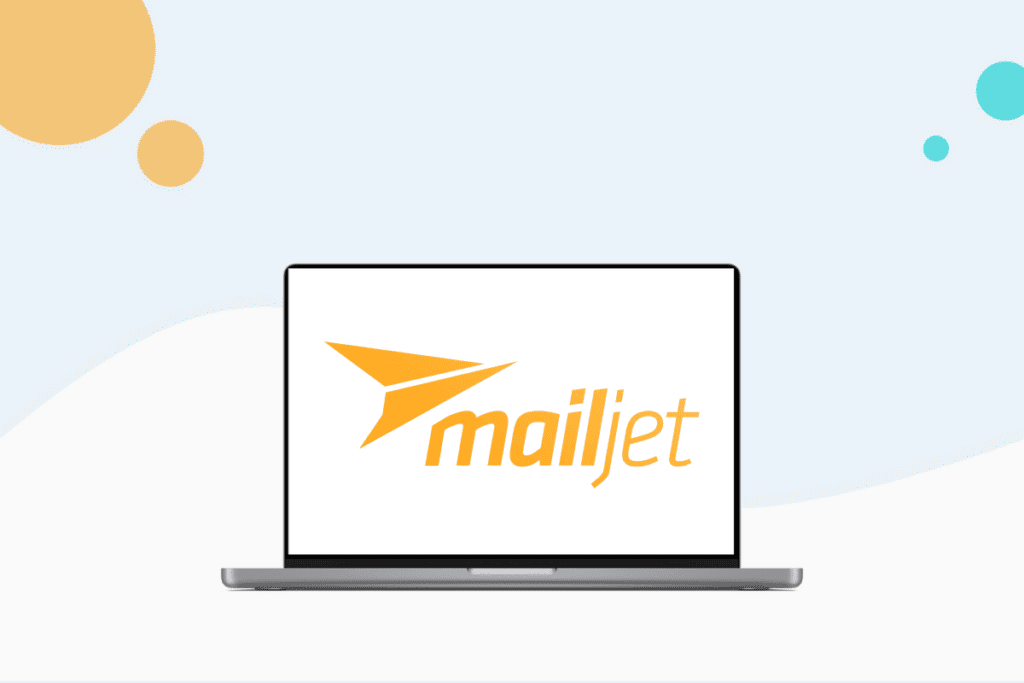
Mailjet is a mid-market email marketing solution working with over 40,000 companies around the globe to build email programs. Companies working with
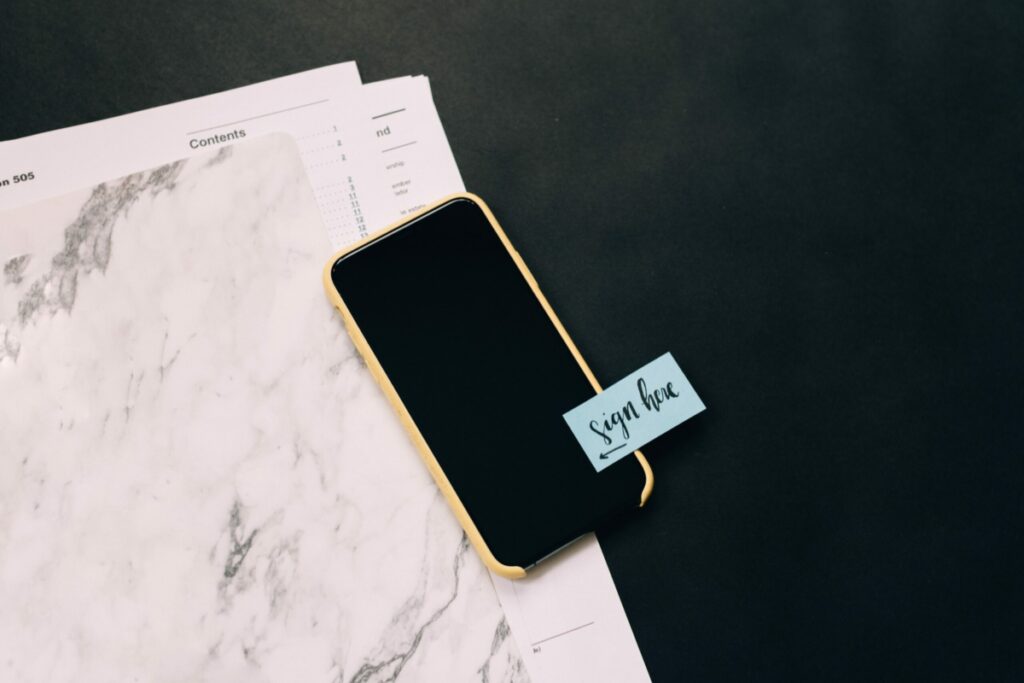
Running a business is exhilarating but also expensive. You have to sign contracts, choose the right business credit card, satisfy customers, and
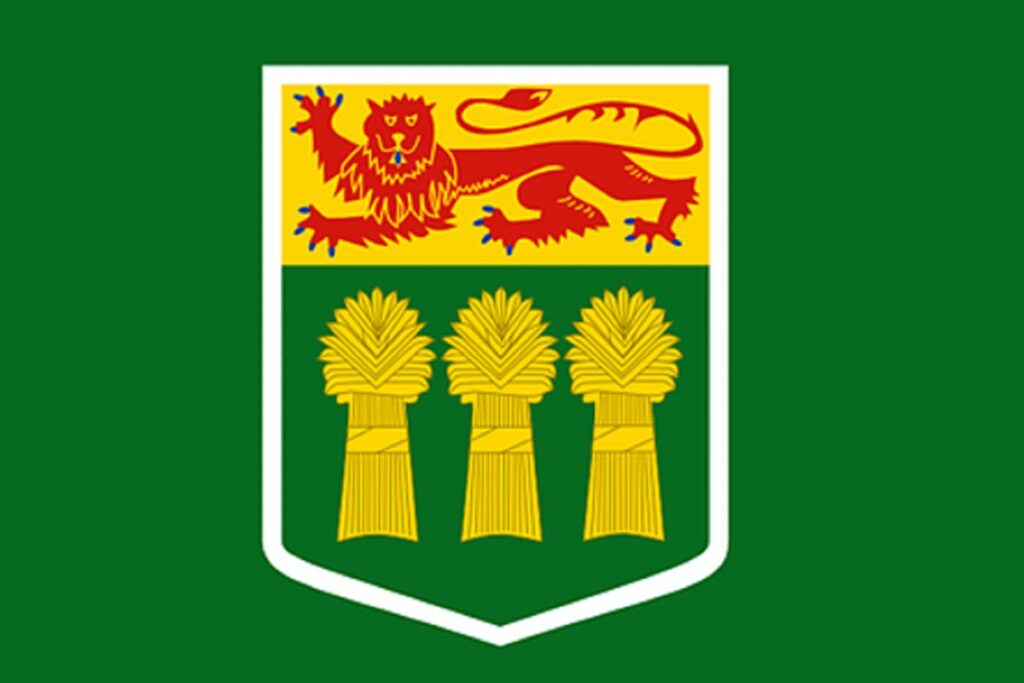
Saskatchewan’s business environment is growing and changing, which means there are new opportunities for entrepreneurs to start and grow businesses. The province

Founded in 2001 by Ben Chestnut and Dan Kurzius as an alternative to the expensive email software available at the time, Mailchimp
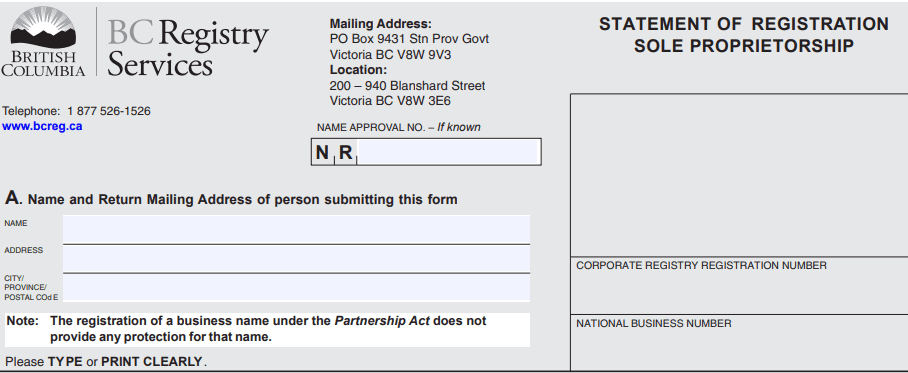
British Columbia (BC) is a great place to register a business. The province offers many opportunities for businesses, including a variety of
There are several considerations you need to make before starting an Amazon business. First, determine what type of business model you will operate. Some sellers are brand owners who manufacture and sell their own products while others are resellers that take popular items and resell them on the Amazon platform to earn a profit. Next, you need to determine whether you want to buy an Individual plan where you pay $1.49 on each product you sell or a Professional plan where you pay $29.99 each month regardless of the number of products sold. Once you have made a decision on both of the above, create an Amazon seller account and read through their terms and conditions for the types of products that can be sold on Amazon.
The steps to register a business in Canada may differ depending on the province you live in. To register your business in Ontario, first search the Ontario Business Registry to see if the name you have chosen is already taken or similar to another business. Next, you need a valid email address and business debit or credit card. Using these, you have to set up your ONe-key account, access government services and pay the registration fee before you receive a 9-digit Business Identification Number (BIN). To register your business in Alberta, you need to first select and register your business name before filling out the declaration of trade name form for a sole proprietorship or a declaration of partnership form for a partnership. Lastly, you have to present valid ID and pay the required fees before your business gets added to the Corporate Registry. To register your business in Quebec, you need to file a declaration on the website of the Registraire des entreprises du Québec (REQ). In this declaration, you have to provide your name and address, specify your business activities, provide your contact details and pay the requisite fee. Once you have completed the above, the REQ gives you a Quebec enterprise number (NEQ) that is your business’s unique identifier.
To start a business in Canada, the first step is to define your idea and assess whether there is truly a demand for your product or service. Then, select your business name and verify that it is original before registering (or incorporating) your business with the government to receive a unique business number or tax account. Next, assess what type of licenses or permits (if applicable) you may need. When you have all your research and fundamental business plan in place, you can approach friends, family, investors or lenders for financing. Lastly, set up your business bank account and credit card to start transacting with customers and making business payments to suppliers. Once you are ready for launch, it may be worthwhile to create a Google My Business (GMB) profile to amplify your business’s visibility with potential customers across Google’s ecosystem of Maps, Search and more.
Rather than setting a business up from scratch, it is sometimes easier to buy and operate an established business. There are several ways you can acquire an existing business in Canada. You can build relationships with founders across the business ecosystem in your target region to see if any of them are willing to sell their business in the near future. There are also dozens of networking events and conferences held nationwide that connect buyers and sellers of businesses under a single roof. If you are looking for more optionality, there are several websites that you can use to source, assess and purchase businesses including MicroAcquire, Flippa, BusinessesForSale.com, Acquisition.biz, BizBuySell.com, Deal Stream, IBBA Canada and more.
According to guidance from the Canada Revenue Agency, businesses should keep their business records secured for a period of at least six years post the end of the taxation year. These records include documents such as sales invoices, purchase receipts, work orders, permits, tax returns, credit card receipts, bank deposit slips, etc.
If you are self-employed and/or operate a small business in Canada, there are several low-cost or free online tax software. If you are looking to get it done professionally, ensure that you go to a trusted source such as an accountant with a solid track record of helping small business entrepreneurs file their taxes.
You can pass computer-related expenses as either a current expenditure in the year it is incurred or as a capital expenditure. For costs like Wi-Fi or any in-app purchases you make, the CRA allows you to deduct your taxable income accordingly in the year of purchase. For items that you will use for over a year (such as computers, laptops, projectors, scanners, etc.), you can capitalize the cost and deduct a portion of that cost in each year that you use the item. This is known as the ‘capital cost allowance’. Note that these costs can only be deducted if and only if they relate to your business. If you buy a computer exclusively for personal use, that cannot be classified as a business expense.
Yes, you may claim alcohol as a business expense if you incurred the expense while pursuing an activity with a purpose of earning business income. However, you cannot claim 100% of the expense incurred. The maximum amount you can claim is 50% of the lesser of: (i) the amount you spent on food and beverages, and (ii) an amount that is reasonable in the circumstances. Exceptions apply if the food or beverage is part of the ticket price such as when you are on a flight. In this case, you may claim the full 100% deduction.
Depending on the purpose of the groceries, you may be able to claim them as a business expense. If you bought the groceries for a party that you are throwing for clients or staff, then you may be allowed to deduct these expenses provided that they are reasonable and commensurate with the size of the event. However, if you are deducting groceries that you intend to consume personally, that will likely be disallowed by the CRA.
For Canadian-controlled private corporations (CCPCs) that claim the small business deduction, the net tax rate levied at a federal level is 9% up to a limit of $500,000 in business income.
Once you have sold your business’s assets and discharged liabilities, you need to complete and submit the Articles of Dissolution to Corporations Canada if it is a federal corporation. If your corporation had issued shares, your shareholders will need to approve the dissolution.

Subscribe to our free newsletter and receive personal finance content every week
